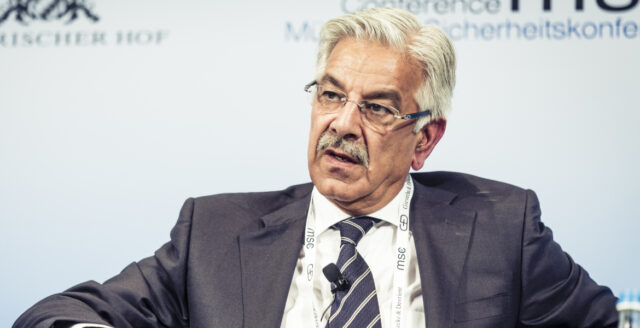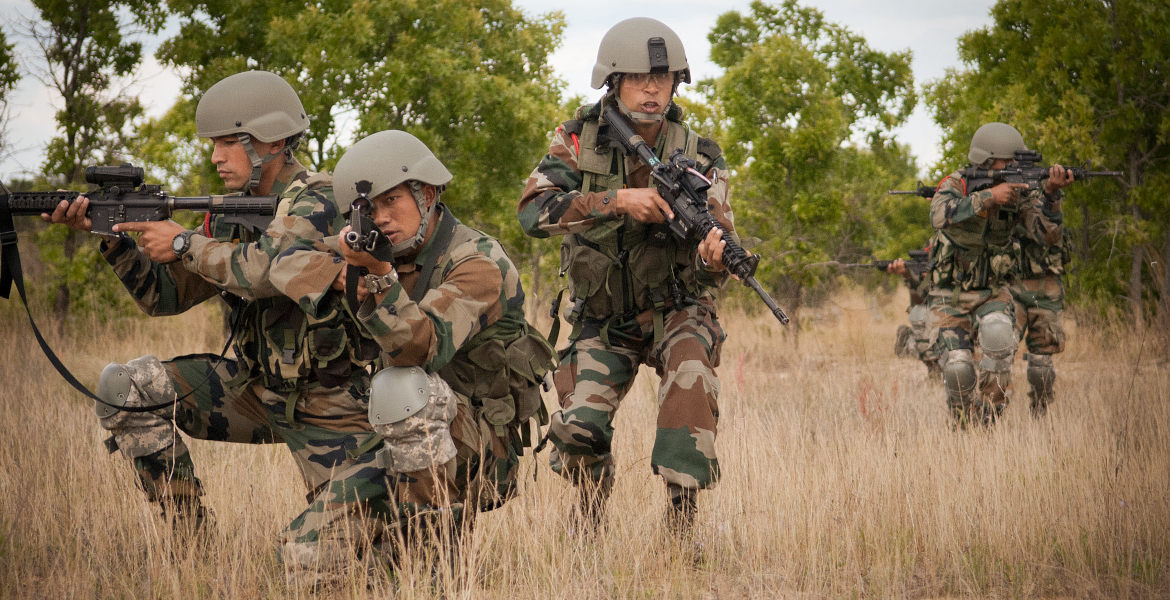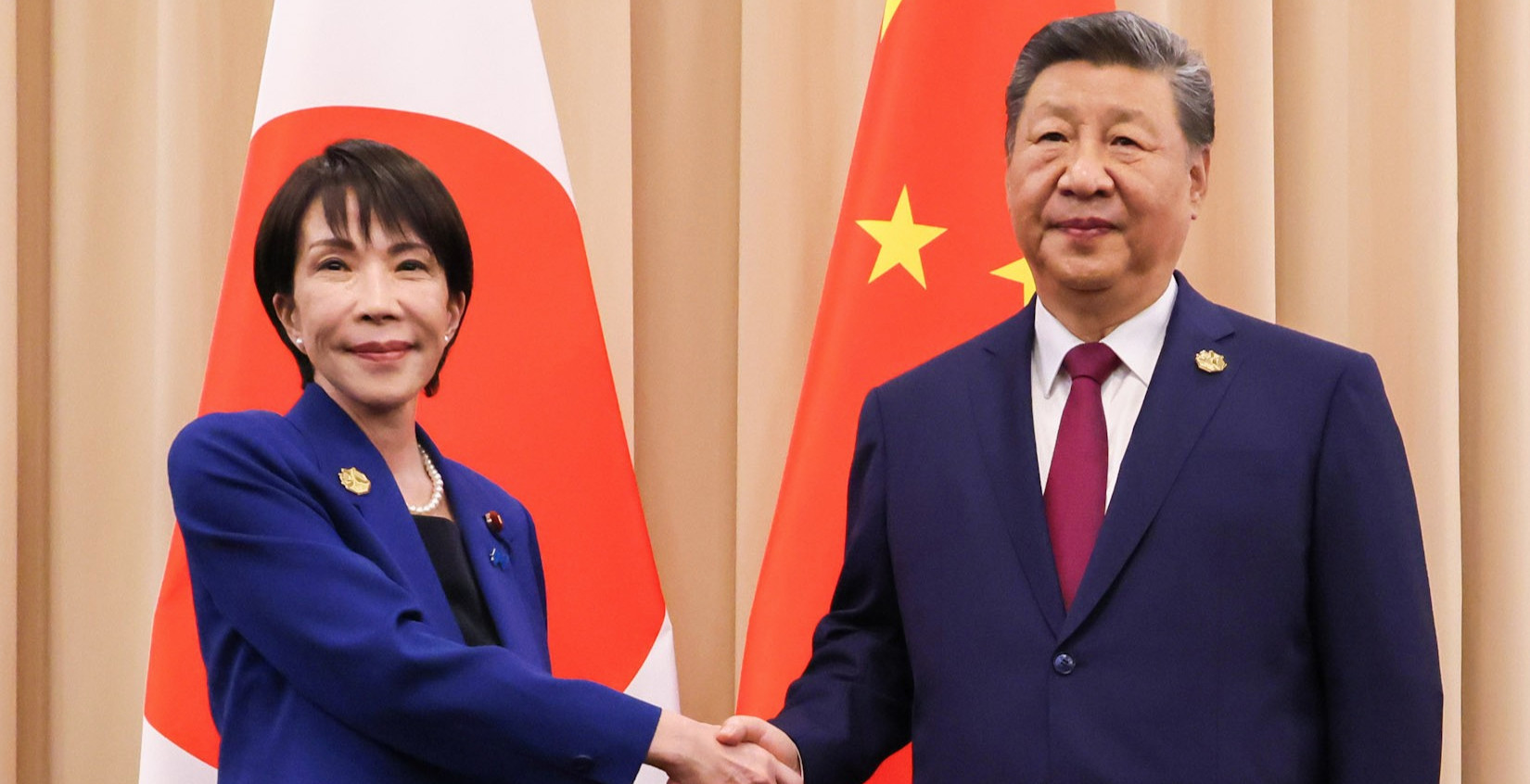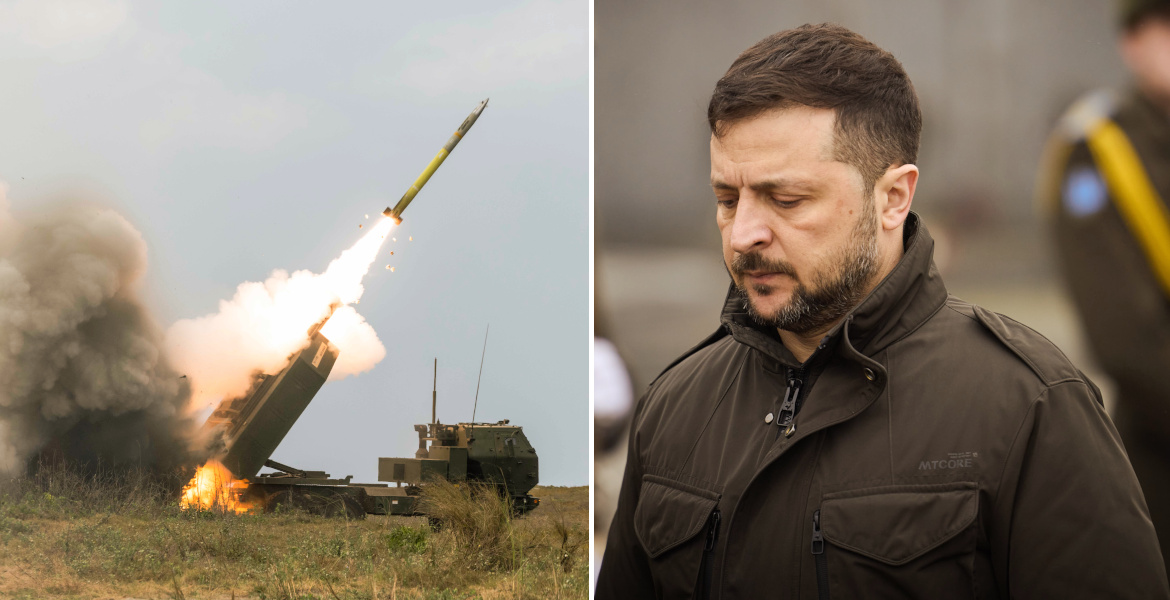Tensions between nuclear powers India and Pakistan have escalated further after a deadly attack on tourists in Kashmir. Pakistan's defense minister is now warning that an Indian military attack is imminent.
Defense Minister Khawaja Muhammad Asif warned on Monday that an Indian military attack could come very soon, after 26 people were killed in an attack on tourists in the disputed region of Kashmir last week.
– We have reinforced our forces because it is something which is imminent now. So in that situation some strategic decisions have to be taken, so those decisions have been taken, Asif said in an interview with Reuters in Islamabad.
The attack has sparked outrage in Hindu-dominated India and led to calls for action against Muslim-dominated Pakistan. India accuses Pakistan of supporting militant groups in Kashmir, an area both countries claim and have fought two wars over in the past.
Asif, in turn, accused India of escalating the rhetoric and said that Pakistan's military had informed the government of the risk of an attack. However, he did not provide any further details as to why he believes an invasion is imminent, and India's foreign and defense ministries have not commented on the statement.
Concerns about nuclear weapons
After the attack, Indian officials said that two suspects were Pakistani citizens, which Islamabad has denied. Pakistan has demanded a neutral investigation, while Indian Prime Minister Narendra Modi has promised to find and punish the attackers.
Asif, who represents the ruling Muslim League-Nawaz party, emphasized that Pakistan is on high alert but that nuclear weapons would only be used if "there is a direct threat to our existence".
The minister further stated that Islamabad had contacted several allied countries, including Gulf states and China, and informed the US, the UK, and others about the situation.
– Some of our friends in the Arabian Gulf have talked to both sides, Asif said, without mentioning which countries he was referring to.

On Monday, China expressed hope for restraint and welcomed measures that could defuse the situation. Asif said that the US had so far 2steered clear" of intervening.
"An act of war"
US President Donald Trump said last week that India and Pakistan will handle their relations themselves, but the US State Department has since said that it is in contact with both parties and is calling for a “responsible solution.”
Following the attack, both countries have taken measures against each other. India has suspended the important Indus Water Treaty, a river-sharing agreement that Pakistan considers crucial for water supplies in vulnerable areas.
– Depriving vulnerable areas of water is an act of war, Asif claimed, pointing out that the agreement has survived previous conflicts and has international guarantors.
– We have already gone to relevant quarters as far this treaty is concerned, he added, calling for support from the international community and the World Bank to protect the agreement.
India has also repeated accusations that Pakistan was behind the 2008 Mumbai attacks, in which over 166 people were killed – accusations that Pakistan also denies.





